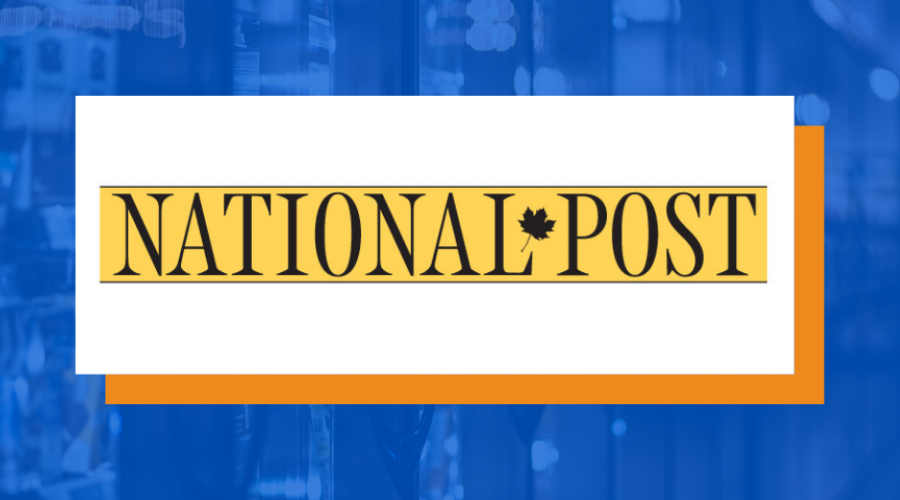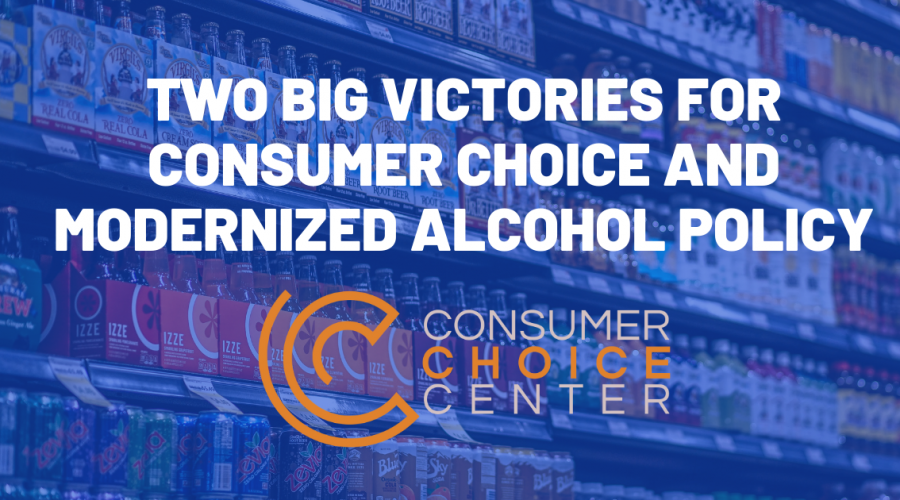Luxembourg to be first European country to legalise cannabis
Two representatives of the Consumer Choice Centre, a US-based NGO, travelled to Luxembourg in April to offer their advice on legislation.
One area of contention is whether to ban the use of cannabis in public, which risks discriminating against tenants and people of limited means. The officials recommended allowing use of the drug in specific public areas.







